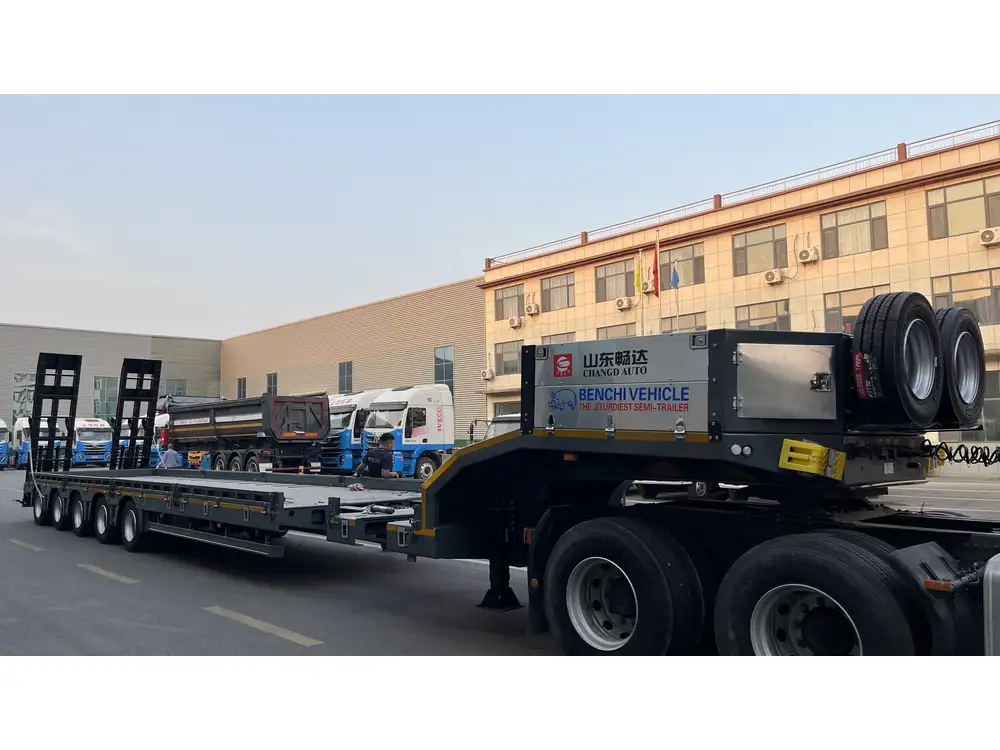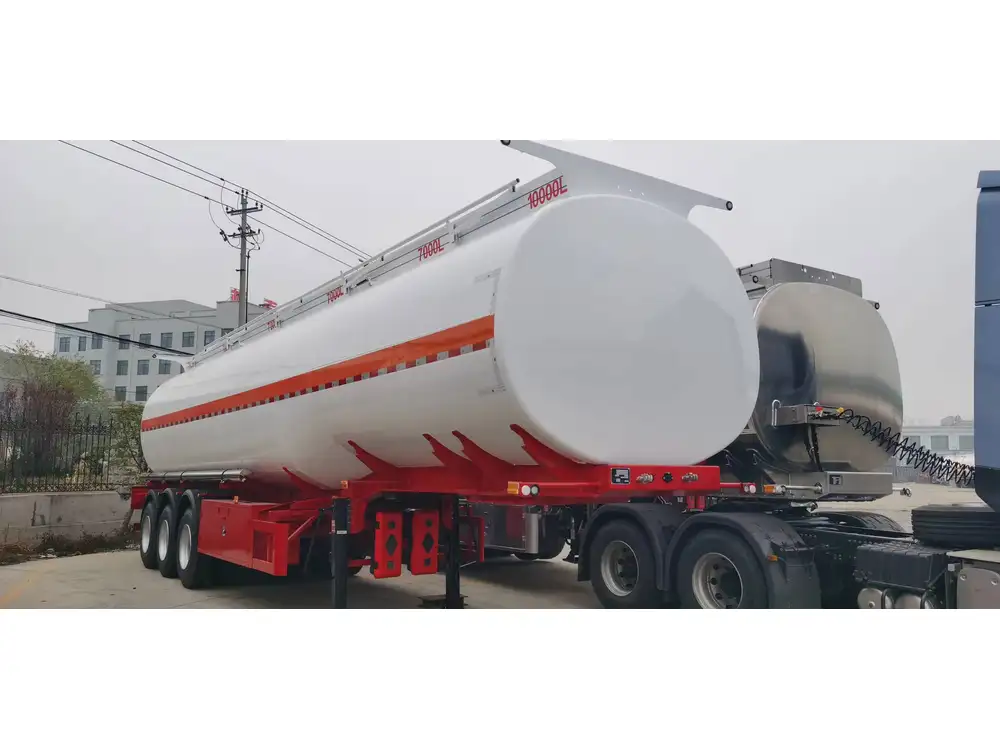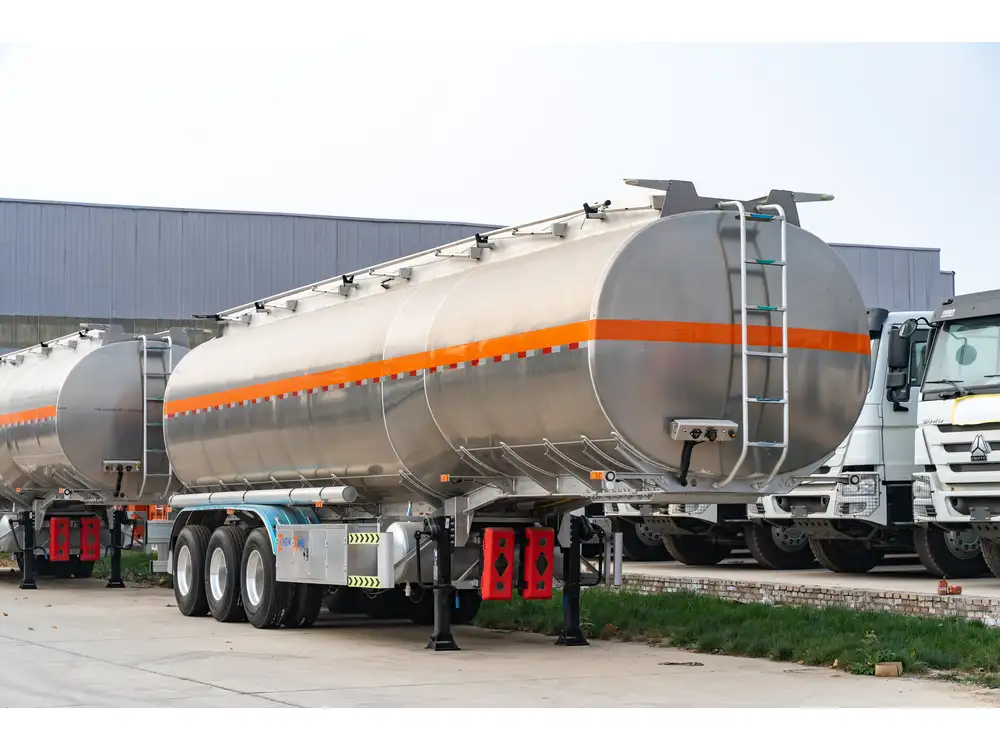When it comes to towing, a fundamental question arises among vehicle owners: Can a car carry a trailer? The answer, though seemingly straightforward, involves a multitude of considerations including vehicle specifications, trailer weight, and safety requirements. This guide will dissect these factors and provide comprehensive insights into the towing capabilities of different vehicles, ensuring you have the knowledge necessary to make informed decisions.
Understanding Towing Capacity
What is Towing Capacity?
Towing capacity refers to the maximum weight that a vehicle can safely tow. This rating is determined by the vehicle’s manufacturer and is influenced by several factors, including the engine size, transmission type, suspension system, and overall design. Generally, the towing capacity of cars is less than that of trucks or SUVs, as they are not built for heavy hauling.

Factors Influencing Towing Capacity
| Factor | Description |
|---|---|
| Engine Power | Higher horsepower and torque ratings improve towing capacity. |
| Transmission | Automatic and manual transmissions have different towing capabilities. |
| Rear Axle Ratio | A higher ratio can enhance torque output for better towing performance. |
| Vehicle Weight | Heavier vehicles typically have higher stability and towing capacity. |
| Braking System | Adequate brakes are essential for controlling the trailer’s weight. |
It’s crucial to consult your car’s owner’s manual to find the specific towing capacity, which varies widely across makes and models.
Types of Trailers
Common Trailer Categories
Before considering towing with your car, it’s important to identify the types of trailers that exist. They encompass various forms, each with unique attributes:
- Utility Trailers: Great for transporting goods, they usually have open sides and a flatbed.
- Car Trailers: Specifically designed for transporting vehicles, these require significant towing capability.
- Enclosed Trailers: Used for transporting sensitive loads, offering protection from the elements.
- Boat Trailers: Tailored for hauling watercraft.
- Camping Trailers: These can range from lightweight models designed for car towing to larger ones requiring specialized towing setups.

Weight Considerations
Each trailer type has a specific weight range. Here’s a brief comparison:
| Trailer Type | Typical Weight Range |
|---|---|
| Utility Trailers | 500 – 3,000 lbs |
| Car Trailers | 1,000 – 7,000 lbs |
| Enclosed Trailers | 1,500 – 6,000 lbs |
| Boat Trailers | 500 – 4,500 lbs |
| Camping Trailers | 1,200 – 3,500 lbs |
Understanding the weight of the trailer is essential when determining if your car can tow it safely.
Is Your Car Suitable for Towing?
Evaluating Your Vehicle
To ascertain if your car can carry a trailer, follow these steps:
Consult the Manual: Check the owner’s manual for the towing capacity. This specifies the maximum weight your car can tow safely.
Check the Vehicle’s Specs: Review the engine size, transmission type, and any towing packages that may have been installed. A vehicle equipped with a factory-installed towing package will typically have a higher capacity.
Rate the Load: Ensure that your trailer’s weight (including the cargo it carries) does not exceed 75% of your car’s towing capacity for safety. This is a crucial safety measure to maintain control while towing.

Towing Equipment
Proper towing equipment is essential. Ensure your vehicle is equipped with:
- Tow Hitch: Choose from a Class I, II, III, or IV hitch based on the weight of the trailer. For example, Class I hitches are suitable for light-duty towing.
- Ball Mount: A matching size with the hitch is vital for effective connection to the trailer.
- Safety Chains: These are mandatory for any towing setup for added security.
- Braking System: If the trailer exceeds 1,500 lbs, a separate braking system is usually required.
Safety Precautions When Towing
Towing a trailer can be a safe endeavor when proper precautions are taken. Here are some essential tips for safe towing:
Pre-Towing Checklist
- Inspect the Trailer: Ensure all components, including lights, brakes, and tires, are in good condition.
- Load Distribution: Distribute the trailer load evenly to avoid swaying.
- Tire Pressure: Check the tire pressure of both the vehicle and the trailer, as these can affect towing performance.
- Lights and Signals: Confirm that all lights are functioning and synchronized with your vehicle.

Driving with a Trailer
- Adjust Speed: Reduce speed, as towing adds weight and alters the vehicle’s handling.
- Increase Following Distance: Allow more distance to come to a complete stop due to the additional weight.
- Make Wide Turns: Account for the trailer’s width when turning.
- Avoid Sudden Movements: Smooth and gradual steering adjustments help maintain stability.
Legal and Registration Considerations
Are There Legal Restrictions?
Before towing, it’s vital to check if there are any local laws governing trailer towing:
- Vehicle Registration: Make sure your vehicle is registered for towing. Depending on your area, regulations may vary.
- Trailer Registration: Some regions require trailers to be registered separately and display a valid license plate.
- Weight Limits: Adhere to local weight restrictions, particularly on bridges and roads.

Common Misconceptions About Towing
Myth vs. Reality
- All Cars Can Tow Trailers: This is false. Not all cars possess adequate towing specifications to safely handle trailers.
- Towing Capacity is Based on Engine Size Alone: While engine power plays a role, many other factors contribute to the overall towing capacity.
- Hitched Load Doesn’t Affect Fuel Economy: Increased load typically results in decreased fuel efficiency, and drivers should adapt their driving habits accordingly.
Conclusion: Making an Informed Decision
When pondering whether a car can carry a trailer, remember that towing requires more than just a connection. Factors like vehicle specifications, trailer weight, safety equipment, and local regulations come into play, each contributing to a well-rounded approach to car towing.
By following the guidelines and checklists laid out in this article, you can ensure a secure and effective towing experience. Ultimately, understanding your vehicle’s capabilities and the requirements involved not only enhances your driving experience but also prioritizes safety on the road.
Should you require further assistance or detailed specifications on trailer options or towing equipment for various car models, feel free to reach out. Our team of experts is dedicated to ensuring you have all the information needed for a successful and safe towing experience.



